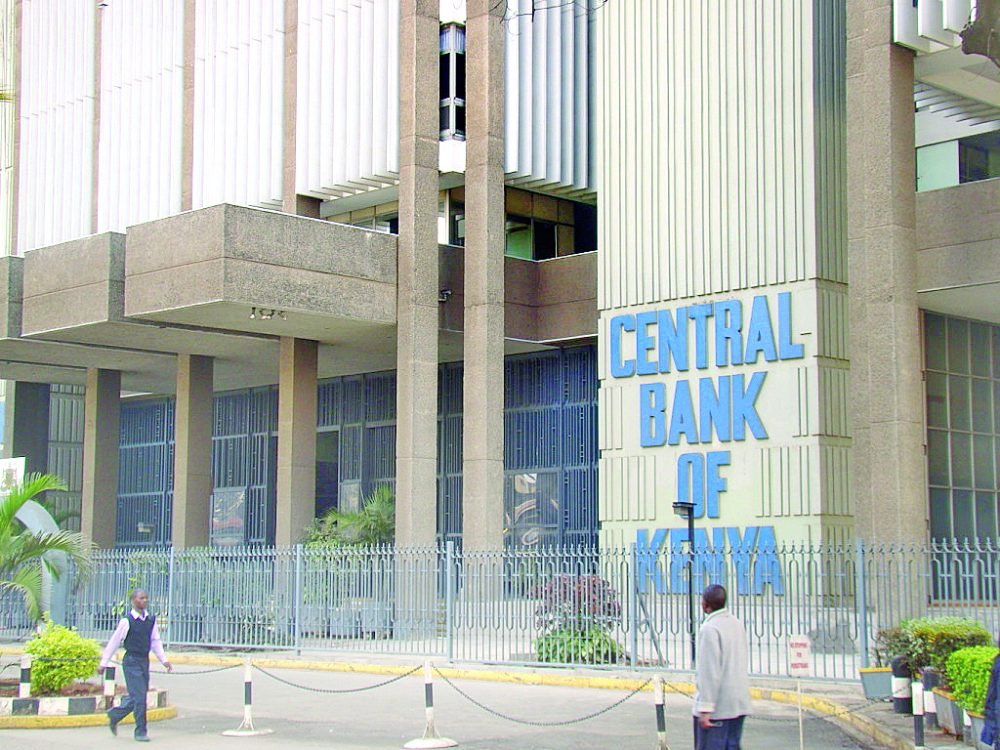CBK intensifies oversight with licensing of 41 more digital credit providers

Central Bank of Kenya (CBK) has licensed 41 additional digital credit providers (DCPs), pushing the total number of authorised operators to 126. It comes as the regulator intensifies efforts to tame predatory lending practices that have plagued Kenya’s fast-growing mobile lending sector.
This latest cohort follows the licensing of 27 DCPs announced in October 2024, bringing the total approved since the enactment of new regulations in March 2022 to just under a fifth of the over 700 applications received.
The new entrants mark a steady tightening of CBK’s supervisory grip over a previously freewheeling digital lending market. The regulation drive, which began in earnest following public outcry over data privacy violations, extortionate interest rates, and harassment by rogue lenders, has been designed to protect consumers while encouraging a responsible credit ecosystem.
In a statement, CBK said the licensing process included scrutiny of business models, ownership structures, and management teams.
“The focus of the engagements has been inter alia on business models, consumer protection and fitness and propriety of proposed shareholders, directors, and management,” the regulator said.
It underscored its efforts to balance innovation with accountability. “This is to ensure adherence to the relevant laws and importantly that the interests of customers are safeguarded,” CBK added. At its peak, Kenya’s digital lending space saw the rise of dozens of unregulated players offering instant, collateral-free loans, often with effective annual interest rates exceeding 200 per cent.
Many borrowers found themselves trapped in debt cycles, with reports of lenders using illegal debt recovery methods, including threats, public shaming, and unauthorised contact with personal phonebook contacts. While exact figures are difficult to pin down, estimates by financial inclusion advocates suggest that the predatory lending crisis may have cost Kenyan consumers billions of shillings in overcharged interest, penalties, and privacy violations over the years.
The CBK’s crackdown, triggered by mounting complaints and formal investigations, has already seen several operators exit the market, either voluntarily or due to non-compliance. “The bank continues to work with the Office of the Data Protection Commissioner and other agencies to ensure robust screening of applicants still in the pipeline,” the statement noted in part.
Those awaiting clearance have been urged to expedite the submission of outstanding documentation.














